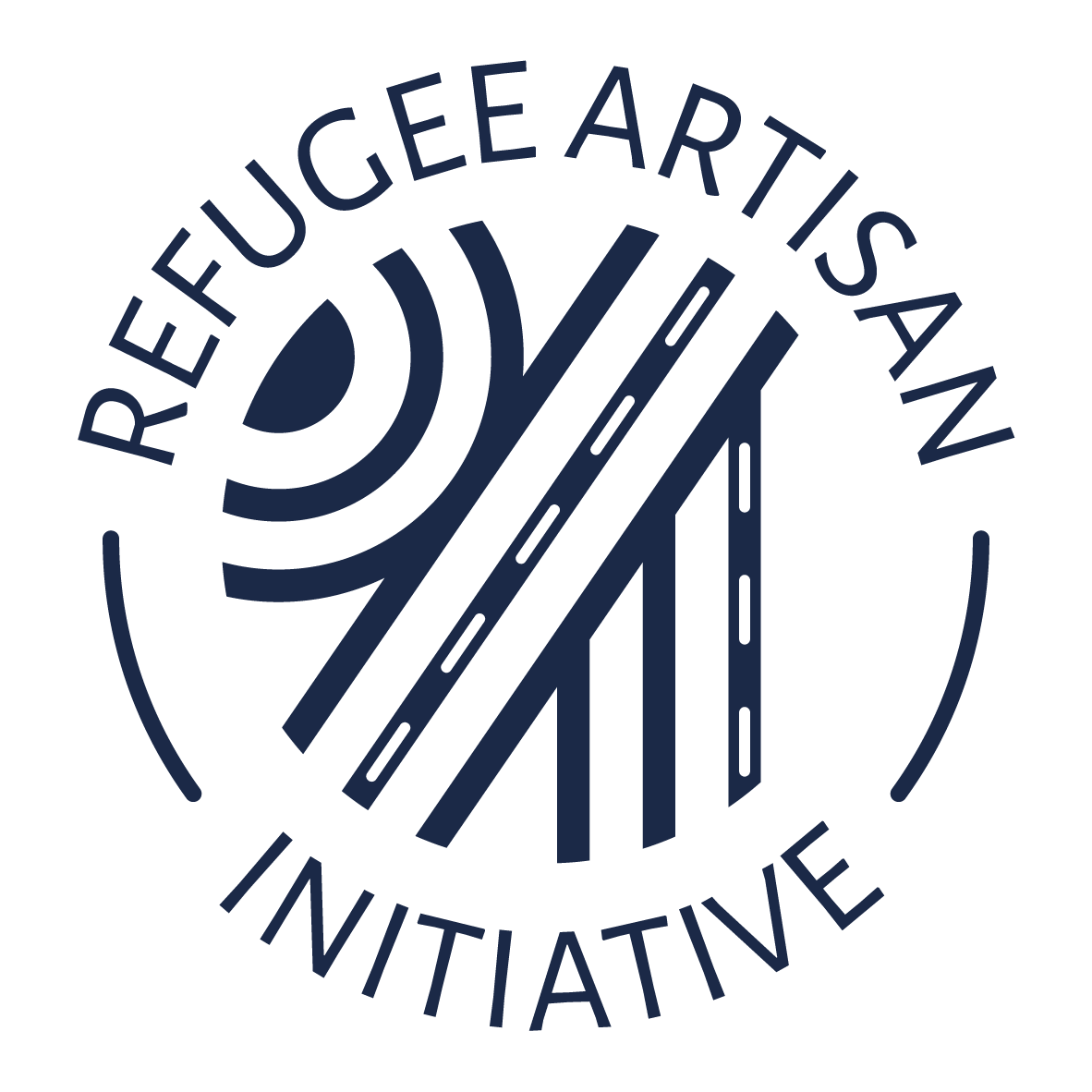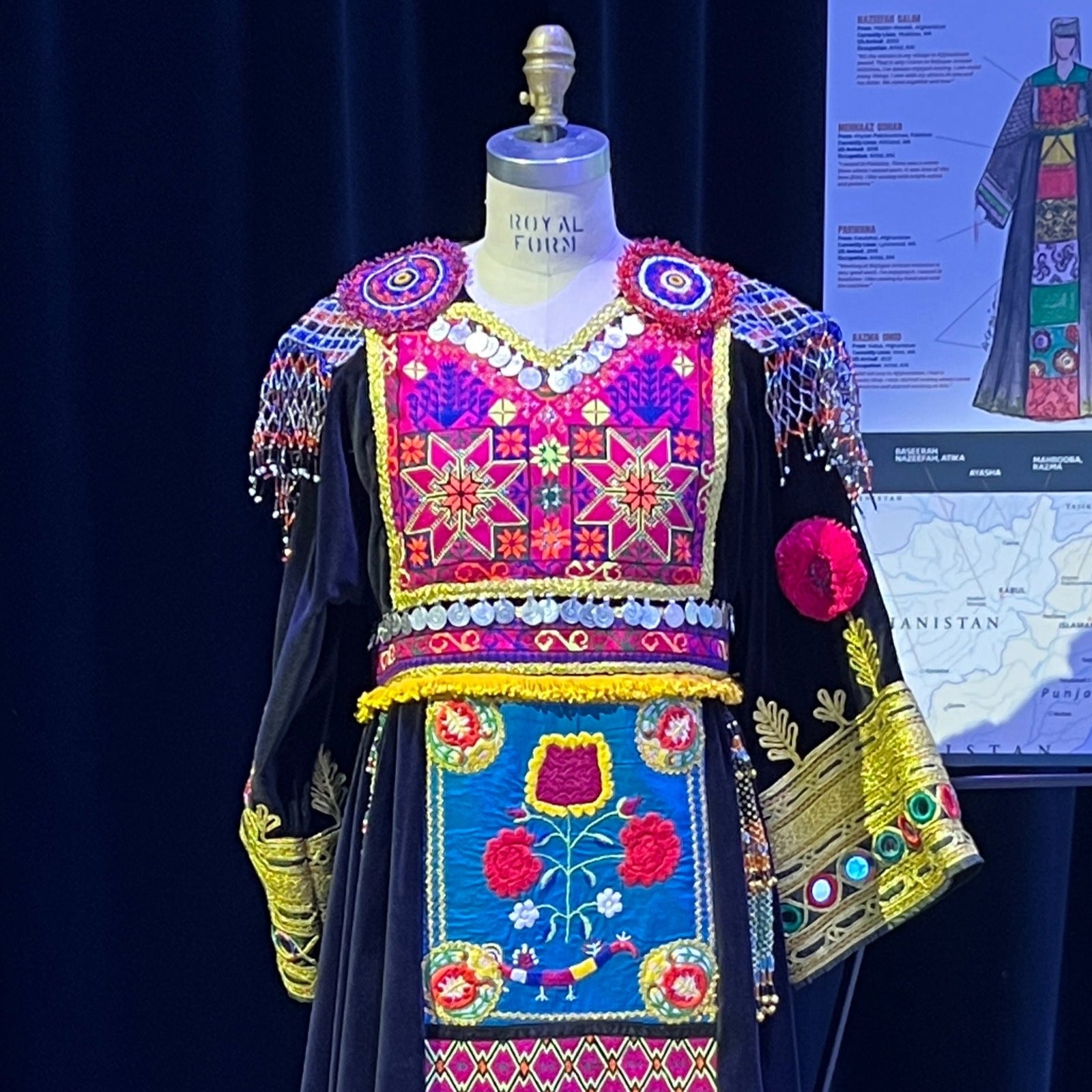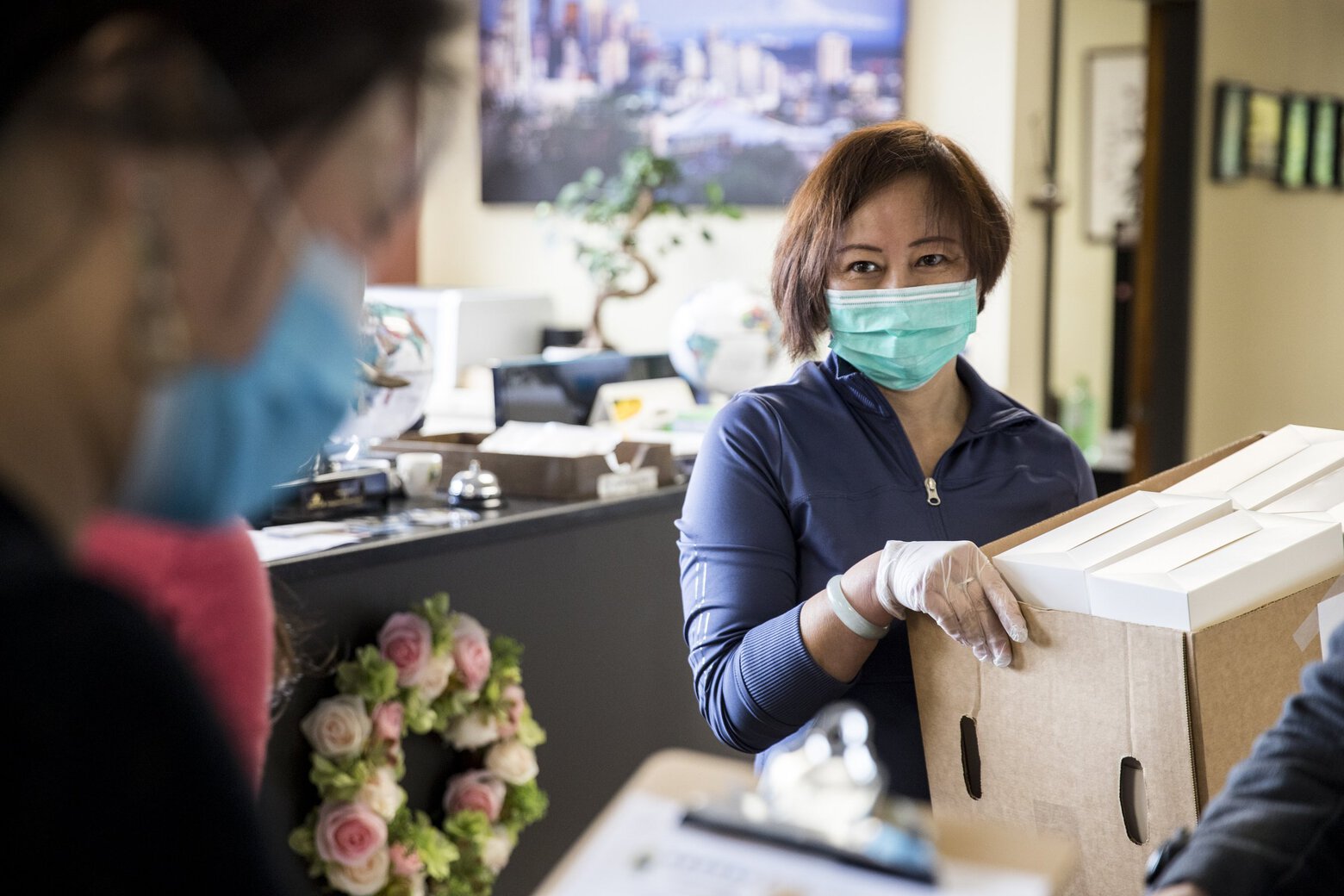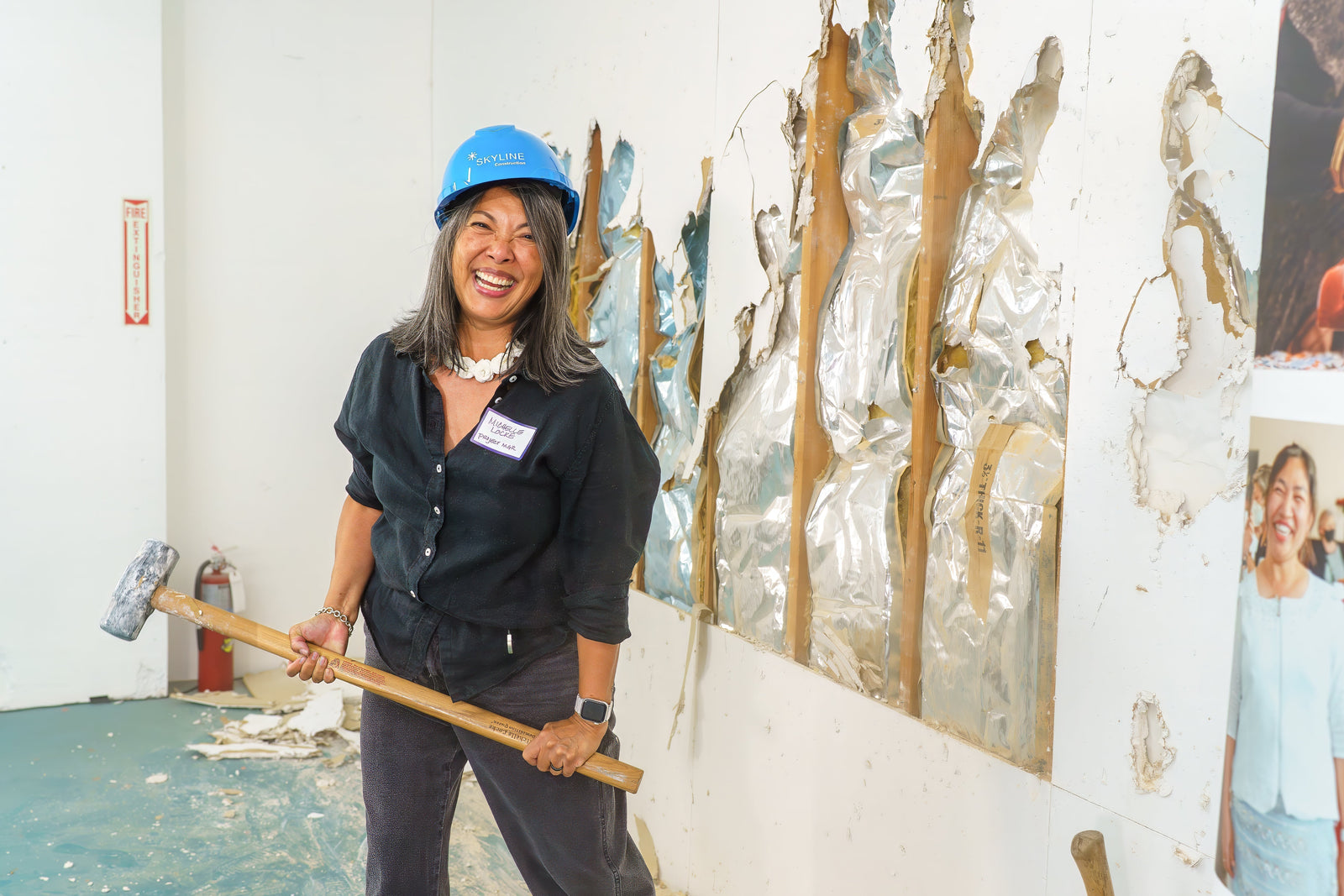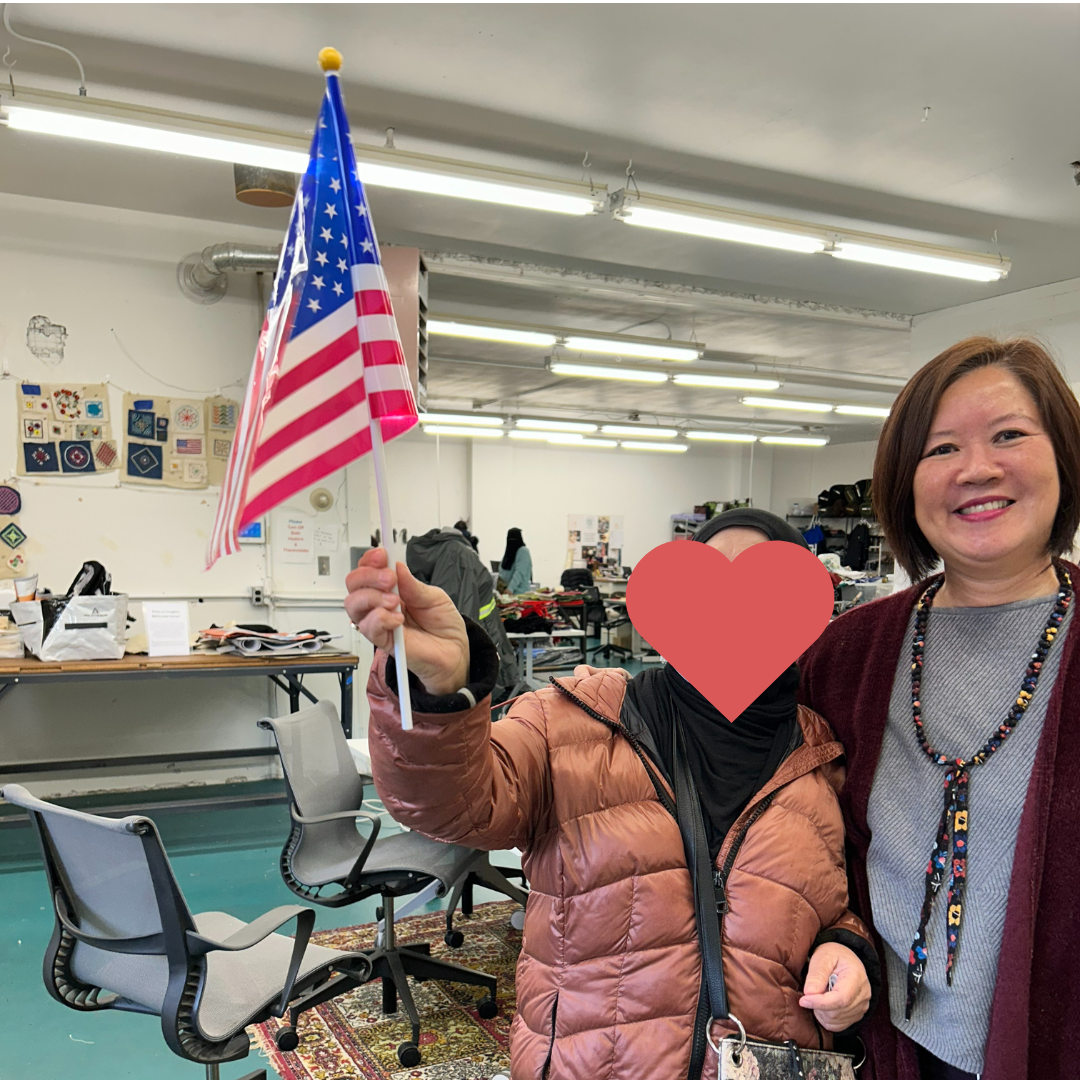June 8, 2020
Author: Scott Hanson
See in: The Seattle Times
With a big assist from a woman who read about his project, Aaron Hooley, the metal sculptor in Montlake, is continuing to help feed the hungry during the coronavirus pandemic.
Hooley has been putting metal sculptures he makes on the sidewalk in front of his home, with the money from the suggested price going to Northwest Harvest.
Karen Arango, owner of Beacon Machine, was downsizing her business after 58 years in operation and found a way to put a lot of metal to good use.
“She probably gave me two truckloads worth of raw material and tools, so I’ve been making sculptures with those,” said Hooley, who said his project has raised more than $8,500 since The Seattle Times story May 8, and this past week the overall total surpassed $22,000. “I’ve been cranking away.”
Here are some other updates — a noncomprehensive list — on “Stepping Up” stories published in The Seattle Times during the coronavirus pandemic.
Molly Harmon and Little Free Pantries: Harmon, a personal chef, has had a Little Free Pantry with nonperishable food and personal hygiene items in front of her house for years. Her concern about food security drove her to start building and distributing more of them in Southeast Seattle and the Central District. She had distributed 24 of 26 when the story in The Times was published.
The project has greatly expanded since, in numbers and range. There is a website and a Facebook page, and with the help of crowdsourced fundraising and volunteers, 62 Little Free Pantries have been built and distributed, with new areas including West Seattle, Redmond, Woodinville, Duvall, Edmonds, Lynnwood and Bellevue. Harmon is trying to raise money to build 12 more and is working with Northwest Harvest to expand to the Yakima Valley.
“Little Free Pantries are intended to work alongside the traditional models of food distribution,” Harmon said. “They are a zero-barrier access to food: 24/7 access.”
Refugee artists churning out face shields, masks: The goal of the Refugee Artisan Initiative, which employs refugee women from Vietnam, Ethiopia, China, Myanmar and Morocco, was to make 10,000 face shields for health care workers. The group was at 1,000 when the story about its effort was published April 3. That total is up to 3,000. Ming-Ming Tung-Edelman, who runs the initiative, has been able to hire six more women, bringing the total to 12. Tung-Edelman said the group has also recently made 8,000 masks for the city of Seattle and is in the process of making 9,000 masks for the U.S. Postal Service. Tung-Edelman said she is working with REI to get material to begin making protective gowns for first responders and firefighters in King County.
Pledge 1200 campaign: Started by Aubrey MacKenzie with help from two fellow recent graduates from the Foster School of Business at the University of Washington and a friend who went to Washington State, the goal was to get people to pledge their $1,200 stimulus checks to local businesses.
When the story was published April 14, more than $640,000 from people in 34 states had been pledged. The figures are now $1,222,800 from people in 45 states. While pledges are coming in at a slower pace with the majority of stimulus checks having been received, MacKenzie said his group has begun working with small business coalitions (including Spokane’s Garland Business District and Bainbridge Island) to promote their recovery.
“The road to recovery for small business will be difficult, and it’s up to us as consumers to do our part to safeguard our favorite small businesses during this time,” MacKenzie said.
Chinese community still stepping up: The local Chinese American community mobilized quickly at the beginning of the pandemic to raise money to help provide personal protective equipment to front line workers. More than $70,000 has been raised by Seattle Chinese New Immigrants Center (SCNIC), up more than $10,000 from when the story published April 5, and it’s just one of several local Chinese organizations that have been stepping up to help. SCNIC has donated an additional 10,000 disposable face masks, bringing the total to 75,000, while also donating an additional 400 protective gowns. SCNIC also recently spent $6,000 to provide 516 meals to first responders at nine local hospitals and one police station, said SCNIC founder Fengxi Luan.
Herbfarm 3-course meals to Puget Sound-area health care workers: The number of free meals delivered by the renowned Woodinville restaurant reached the 14,600 mark last week. That is more than double the 6,835 that had been delivered when the story published April 20, even as donations to the cause have started to decline.
Pike Place Market mentoring program: Saisei Apparel owner Kim Ramirez is proof that the Pike Place Market Educators program, started a couple of years ago by a group of five artists and crafters at the Market, can work. The program pairs artists with an expert with similar skills, and mentors during the coronavirus have been helping with things such as updating Etsy shops, developing other online presences and using social media.
Before getting advice from mentor Rayana White, Ramirez had made one sale on Etsy since opening her store in 2018. Ramirez, who makes items from vintage kimonos purchased in Japan, has had more than 80 sales on Etsy since the help. She had made 10 Etsy sales when the story was published May 3. One of the items Ramirez sells is masks, and if she finds out that they are for front-line medical staff, Ramirez said she either refunds the customer’s money or sends an extra for free.
Free art kits on Orcas Island: Brook Meinhardt, an Orcas Island art teacher, began handing out free, age-appropriate art kits to students in all grades on the island. She has made more than 950 kits, more than quadruple the amount (210) when the story was published April 1. The ages of recipients has also expanded greatly. She has started doing the weekly kits for children under 5, and also began making kits for retired Orcas Island High School football coach Dennis Dahl. “So the kit range is now 3 to 70 years old,” Meinhardt said.
The final free kits are going out this week, with funding for them ending Monday. The kits this week will focus on social justice, she said.
“(They) will be 100% culturally diverse and challenge some critical thinking, as well as have some resources and links to ways people can help,” she said.
Sisters of Charity still sewing strong: The Sisters of Charity, a group of inmate volunteers at the Washington Corrections Center for Women (WCCW) in Gig Harbor, are continuing to do their part in the fight. They are still making protective Tyvek gowns for Gig Harbor Fire & Medic One, which received 300 and had an additional 600 on order, and they are also making protective gowns for WCCW personnel.
Degh Tegh Community Kitchen still serving: The local Sikh community is still living up to what Aman Ghag, a board member at the Degh Tegh Community Kitchen, says is a core value “to help each other and our neighbors and our brothers and sisters.” The weekly food drives have been discontinued, but 250 bags with $10 worth of groceries are being delivered once a week to families in need.
One last donation from Vietnamese seamstresses: When Kati Nguyen, of Spanaway, closed her business sewing custom island attire, she used the fabric to begin making protective masks. Several other local Vietnamese women pitched in and they sewed more than 10,000 masks during 12 straight days of work. The masks were donated to local hospitals. Nguyen is now selling the masks she makes, and she has been able to employ a couple of the women who had been helping her. The last three boxes of donated masks were delivered recently to “Stop the Bug,” whose mission is to get personal protective equipment to front-line workers.
